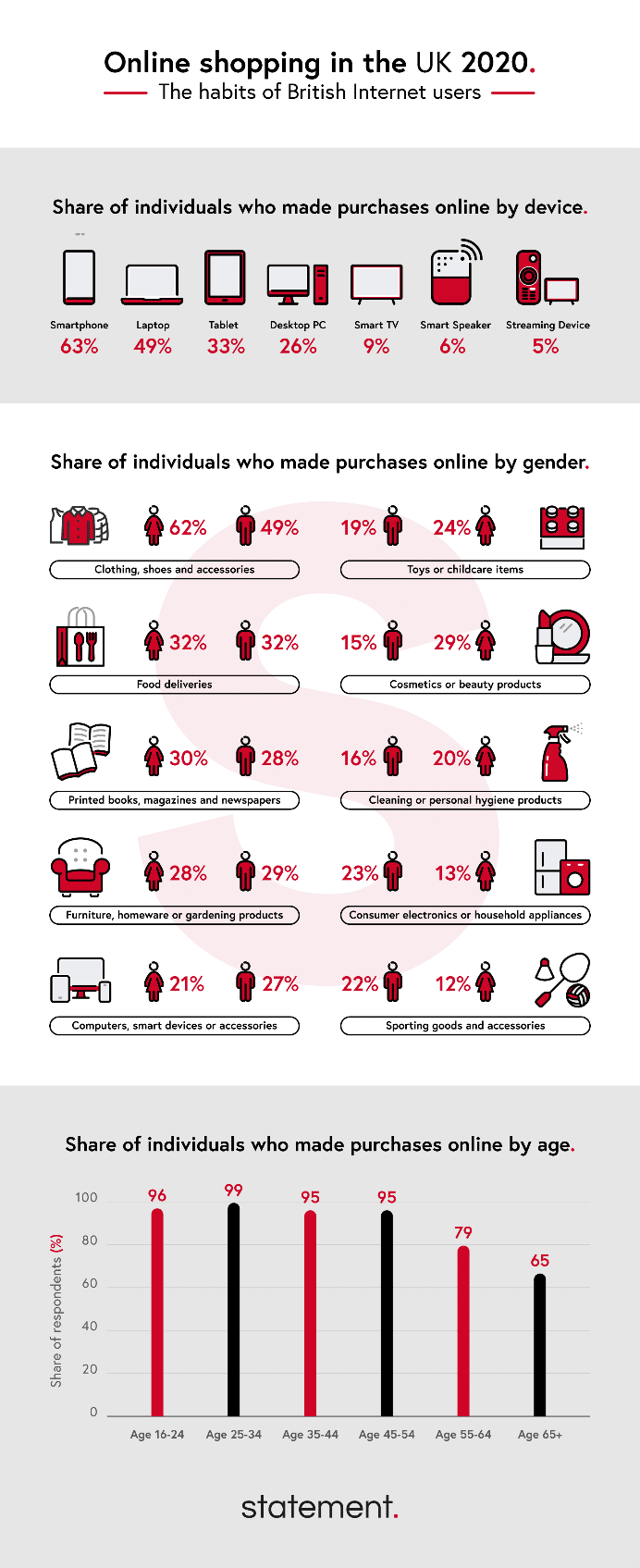When operating a business within the modern world, having a presence in the digital space is practically a prerequisite to success. You need to take advantage of all the tech you can integrate and use the right eCommerce platforms in order to capitalize on the behaviors of modern-day consumers.
IMAGE: UNSPLASH
The last 18 months have radically changed our relationships with retail and other sectors, with digital storefronts and experiences being the main way of interacting with businesses. With 63% of adults regularly making online purchases on their smartphones, having a strong, dependable presence is more crucial than before. Even smart speakers and streaming devices are used by around 1 in 20 people to make online purchases.
Using the right fintech products will allow your business to flourish online, with Shopify being a prime example of this. We’ll be taking a wide look at fintech, explaining the position Shopify holds within this, and how your business can utilize fintech to better your financial offerings.
What Is Fintech?
The term ‘fintech’ is a blend of the phrase financial technology, bringing it together into one single word. It’s used to describe new tech offerings which aim to improve and automate financial services, both in how they’re delivered and operated.
The primary goal of fintech is to provide assistance to companies, business owners and consumers so that they can better manage any financial process and tasks. This is achieved by employing specialised software that utilises algorithms and code to automate tasks.
Fintech programs can be run on computer, but they’re increasingly being used as apps on smartphones – such as with challenger banks where accounts are run solely from the customer’s app.
The umbrella term of fintech also includes crypto-currencies, such as Bitcoin and Ethereum, which has garnered significant media attention in the last decade.
What Is Shopify?
As a subscription-based software offering, Shopify is a platform with the aim of enabling anyone to set up an online store in order to sell their products and services.
While it enables all the capabilities of a modern eCommerce platform, it also works as a traditional commerce platform through Shopify POS. This connects users with physical locations in which they can sell their products, giving people the benefits of being both a bricks-and-mortar and an online retailer.
The core product which you get with any tier of Shopify subscription includes:
- A digital storefront
- A payment processor
- A shipping partner
- A digital back office
- An online marketing hub
How Shopify Became A Fintech Company
While Shopify is primarily an eCommerce platform that enables retailers to take on a robust digital presence, it’s these additional elements which take Shopify into the realm of fintech.
Shopify offers its own payment processor as well as the ability to integrate other popular payment gateways into a site. This is called Shopify Payments, a payment gateway which accepts a wide range of payment methods (Visa, Mastercard, etc.) and easily converts local currencies into which ever currency you’d prefer to receive.
Shopify Payments is also PCI compliant and supports 3D Secure checkouts. These are both checkmarks that cybersecurity savvy shoppers will lookout for when keeping their money safe online.
There are additional features which benefits retailers, such as cash flow metrics and payment tracking, that can make online payments as transparent as possible.
How Your Business Can Leverage Fintech
If your business is looking to expand into the digital space or improve your existing presence, then you should review the ways fintech products could enhance your day-to-day operations.
Automation of financial processes can free up precious time for employees to undertake more critical tasks that can add value to your business. They can also vastly improve your customer service, as they can provide additional information for customer queries and make refund or returns processes more streamlined.
Shopify has a wide range of capabilities that can improve your financial offerings and general operations exponentially. It goes to show how selecting the right eCommerce platform can have far-reaching implications, giving you access to fintech products right out the box for your business to make use of.
Consider how your eCommerce platform can work harder and whether it has the fintech you want integrated into the overall package. If not, it could be worth migrating over to a platform like Shopify rather than trying to integrate individual fintech capabilities into your existing site.
If you are interested in even more business-related articles and information from us here at Bit Rebels, then we have a lot to choose from.



COMMENTS